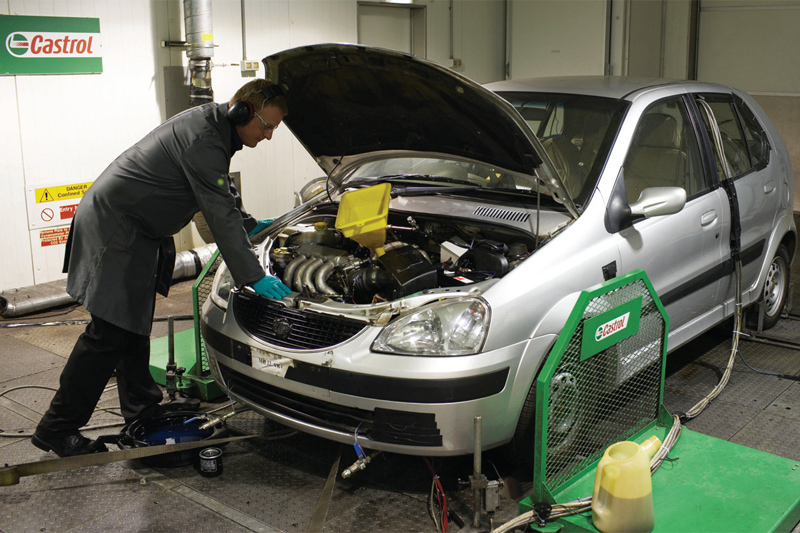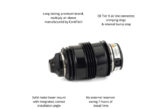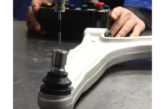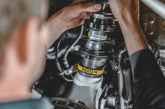
As engine design progresses, lubricant companies are being challenged to create oils that can handle increased pressure and deliver notable benefits for the vehicle and driver. Paul Beasley, Expert Technologist at Castrol, outlines five major benefits of advanced lubrication.
1. Developed specifically for modern engines
Engines have been changing since the early 2000s, getting smaller but retaining the performance of larger engines due to the adoption of turbocharging. These smaller engines work harder and have higher average efficiencies. This also means that they run at higher pressures, and to withstand this, oils need to be stronger. During every engine revolution, intense friction hotspots occur. Collectively, engine friction can waste up to 10% of engine performance.
The use of the correct engine oil is therefore crucial in minimising lost engine performance. Newer products are specifically developed to meet the challenges of modern engines, physically transforming structure at a molecular level when under extreme pressure to help reduce friction and wear.
2. Maximise engine potential
The formulation and performance of engine oils is highly regulated. In Europe, the body that controls specifications is the European Automobile Manufacturers’ Association (ACEA). The ACEA defines the basic requirements for oils in Europe and for European cars. For most automotive manufacturers, these represent a minimum expectation for all the key functions of a lubricant. Oil is becoming a critical part of maximising the engine’s potential and the highest possible fuel economy.
3. Compatible with engine emissions after-treatment systems
As far as environmental concerns go, nitrogen oxides (NOx) and emissions of particulate matter (PM) are some of the greatest hazards produced by vehicles. Control of these pollutants, and others, is mandated in European emissions laws.
Although oil is not deliberately supplied to these systems, a small amount of oil is burnt in combustion. The oil combustion products will reach the after-treatment system, and the wrong formulation may adversely affect the way the system functions.
4. Improved fuel economy
Advanced lubrication can also offer fuel economy benefits. One way to make an engine more efficient with a lubricant is to make the lubricant thinner and lower the viscosity. This, however, comes with a downside: making the oil thinner may increase wear.
Lower viscosity oils can help reduce friction and can therefore boost fuel economy. However, the pressure to design thinner oils increases the demands on the additives used in the formulation. As the oil gets ever thinner there will be an increased danger of metal-to-metal contact which means that additives need to be specially formulated to protect the engine.
5. Protection against engine failure caused by LSPI
LSPI (low speed pre-ignition) is a phenomenon that has arisen as petrol engine designs have moved towards increased turbocharging boost pressures and direct fuel injection.
There are a number of factors that can influence LSPI, including engine oil. Engine tests for LSPI will soon be added to manufacturer specifications, and when they are, lubricant companies will be able to demonstrate the protection level required in order to gain approvals. In the meantime, a robust lubricant package will help to protect against engine failure caused by LSPI.









